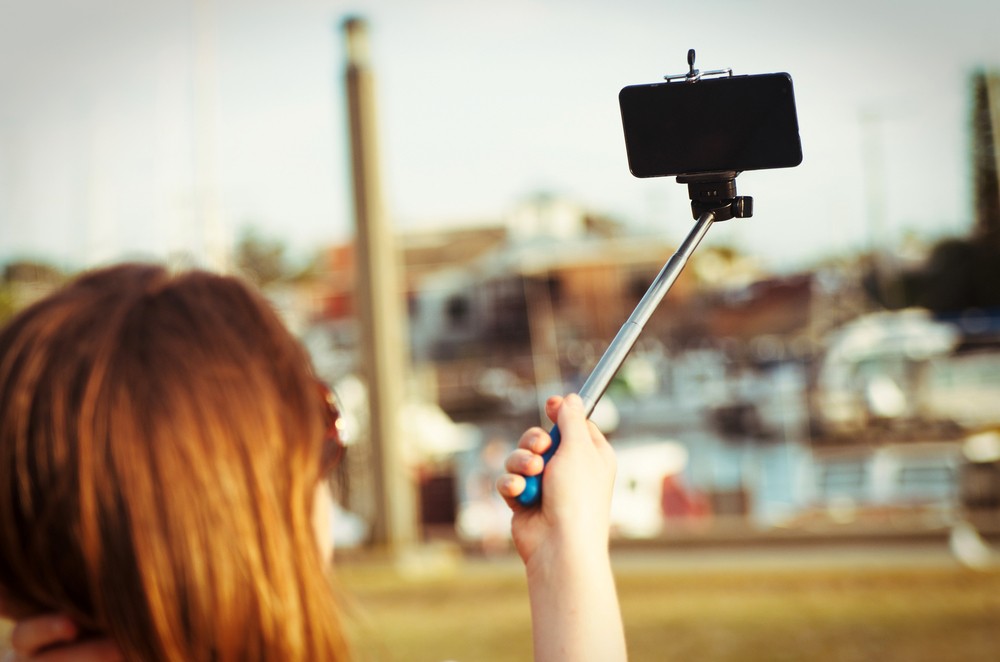Popular Reads
Top Results
Can't find what you're looking for?
View all search resultsPopular Reads
Top Results
Can't find what you're looking for?
View all search results'Snapchat dysmorphia' has social media users seeking plastic surgery
Snapchat dysmorphia is indicated by the increasing number of teenagers who opt for plastic surgery in order to look like their “filtered” self.
Change text size
Gift Premium Articles
to Anyone
The growing use of face filters on social media has given birth to a serious mental health issue named snapchat dysmorphia.
As reported by kompas.com, the condition is indicated by the increasing number of teenagers who opt for plastic surgery in order to look like their “filtered” self.
Social media platforms such as Instagram and Snapchat offer a wide range of face filters that seem to make the user’s face look more smooth and slim. They can also alter the color and shape of our eyes.
According to Dr. Neelam Vashi, director of Boston University’s Cosmetic and Laser Center, when patients opt for plastic surgery they do not bring a photo of a celebrity but actually an edited and “perfected” selfie of themselves.
“A little bit of editing through photo applications can tweak the face and make it look smooth, the teeth can also look more white, and lips can become more plump,” she says.
Read also: Selfies: Root of all evil in Indonesian tourism
Research published in the JAMA Facial Plastic Surgery also found how apps with photo-editing features push people to continuously take physically “perfect” selfies, something usually seen in celebrity or beauty magazines.
These photos are capable of changing our perceptions of beauty. In the end, it effects our pride and triggers disorders such as body dysmorphic disorder (BDD) or snapchat dysmorphia, as stated by Dr. Tijion Esho, a cosmetic surgeon.
BDD is a condition where someone is overly anxious about what they deem to be lacking in their appearance.
“We now look at photos of ourselves every day through the social media platforms we use. It makes us more critical of ourselves,” Esho says.
“What’s dangerous is when their photos are not only used as a surgery reference, but also become a reflection of how they see themselves, or how the patient very much wants to look like the person in that photo,” he adds.
This mental health condition is part of the obsessive compulsive spectrum and affects one in every 50 people. (anm/kes)











